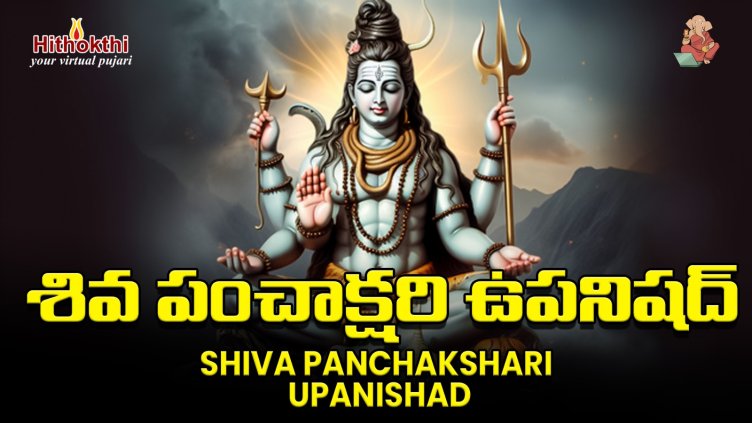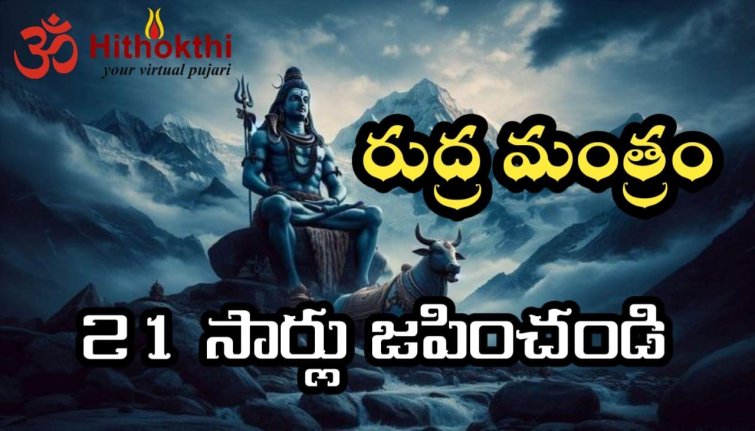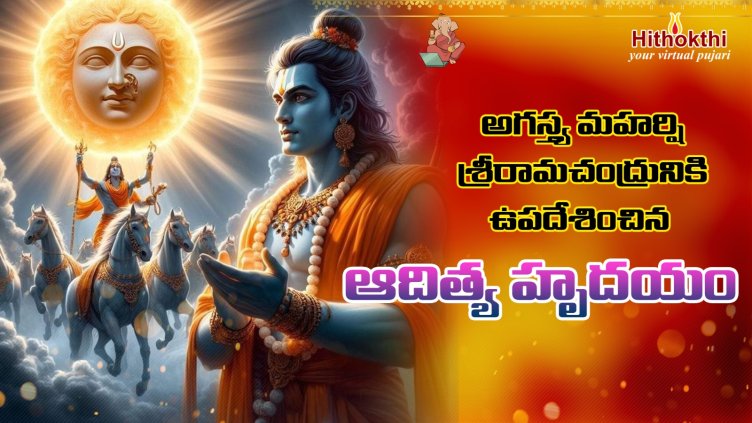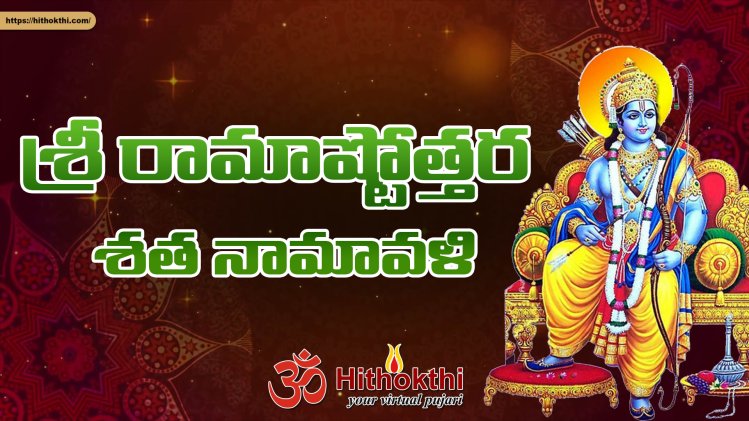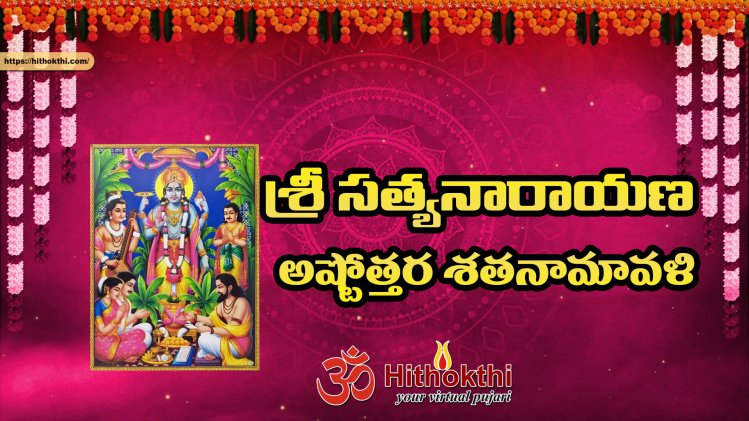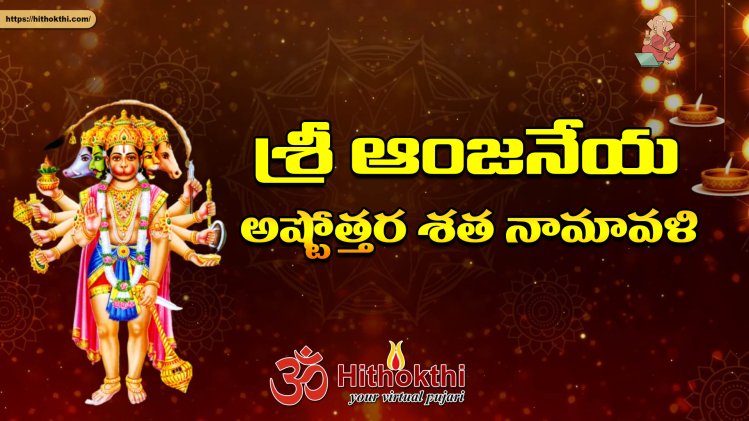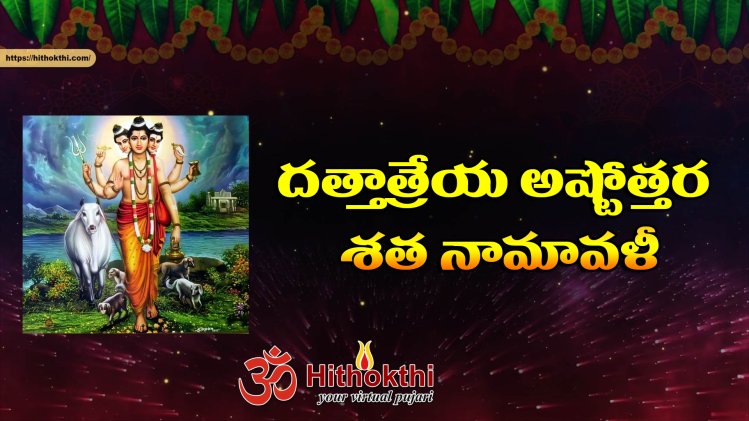A mysterious house offers eternal bliss in Lord Shiva’s Varanasi
Varanasi April 13, 2014: For Hindu priests, the dawn of everything begins with the holy trinity of gods—Brahma (the creator), Vishnu (the preserver) and Mahesh (the destroyer). Those same priests say that Varanasi, a city in northern India, has been inhabited since the beginning of time. It is the home of the third of those gods—Mahesh, or Lord Shiva, who destroys so that the cycle of life can continue.

Hindu devotees gather to offer prayers on the banks of river Ganges during Dev Deepawali in Varanasi.
Varanasi, therefore, has become a locus of reincarnation. Hindus come to Varanasi from all over the world to die and be reborn. The burning ghats (funeral platforms) on the banks of the Ganges River in Varanasi, where pyres are stacked to cremate the deceased, are said to never burn out.

Kashi Labh Mukti Bhawan
And at the Kashi Labh Mukti Bhawan, located in the heart of the city, the sound of hymns and devotional songs never stop. It’s one of the city’s manymukti houses—places built to provide a pathway into freedom after death—and it’s open to anyone who has come here to die. Its two floors are sparsely floored and bathed in sunlight. Wooden cots lie behind the green doors of its 10 rooms. The house is close to the city’s busiest temple to Shiva and near the bustling banks of the Ganges River, which are thronged with residents, pilgrims and tourists.

Bhairav Nath Shukla
Bhairav Nath Shukla, priest and caretaker of the mukti house, says the city is so holy that in death one can exit the cycle of birth and rebirth. Instead of their spirit being reborn, they attain Nirvana.
“Kashi [one of the local names for Varanasi] is the heart of god,” Shukla says during a long conversation on a searing afternoon in March. “It is a city that has never been or can be destroyed.”
It’s hardly surprising, therefore, that you can’t simply stroll up to Varanasi and gain the keys to heaven. If one has been a lifelong villain, Shukla explains, the road to Varanasi will not be open to him, or circumstances will unfold that make him repent.
“If you are destined to come here, then no power of earth can stop you. It works like a magnet,” he says. “But you can’t force your way in.”

A room in Kashi Labh Mukti Bhawan
While it is primarily Hindus who believe in the philosophy of Nirvana, the house is open to followers of all faiths. A few years ago, Shukla says, a Hindu man brought his Muslim friend, who had no family. The Hindu man took care of him until he died.
Kashi Labh Mukti Bhawan was established in the ’50s by a prominent business family of the country, and allows people to stay for 15 days. But Shukla says no one is ever forced to leave, and records show that 15,000 people have passed through the house in the past decade. The guests here come with family, who spend their days in prayer and giving care to loved ones.
“In this country, we values sons over daughters,” says Shukla, who has manned the house for over two decades. ”But during all my time here, I’ve seen that in the end, it is the daughters, who give their all in taking care of their parents.”
Shukla explains that death in Varanasi is to be celebrated because attaining Nirvana is the marriage of the person and god, before their souls are freed to join the cosmos. That belief lays the genesis of the hostel’s one hard and fast rule—no tears must be shed when someone passes away.

A boy is comforted by his mother as he mourns the death of his grandfather.
“So absolutely no crying,” he says, before letting me into the house. Inside, the only sounds are the gentle hymns, and occasional chattering of the monkeys who inhabit the temple.
All of which serenity contrasts with another, much noisier form of destruction and rebirth going in in Varanasi.

